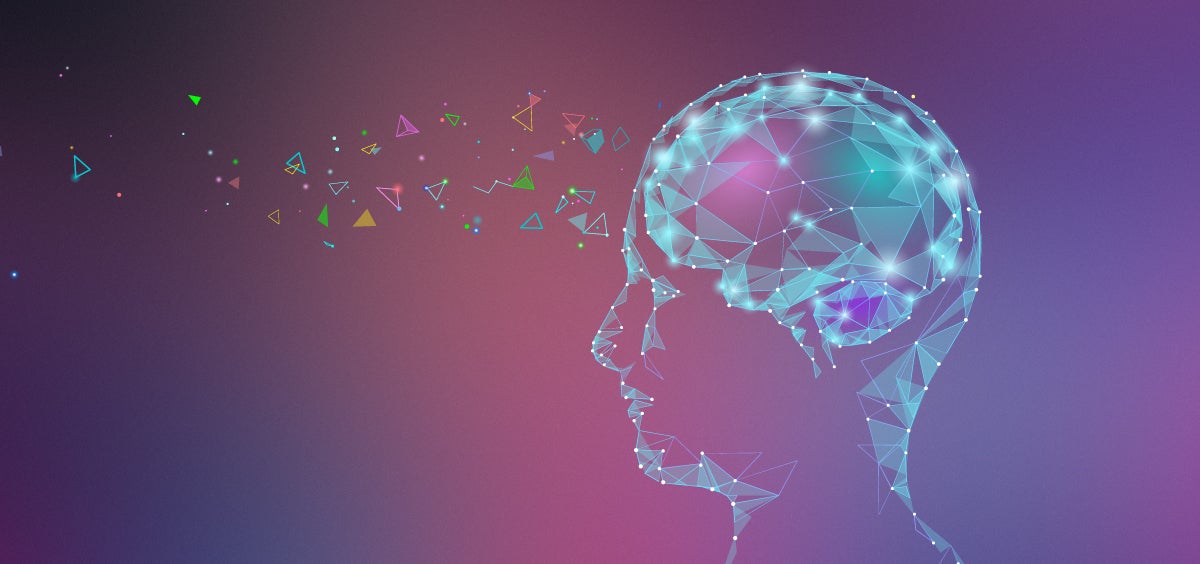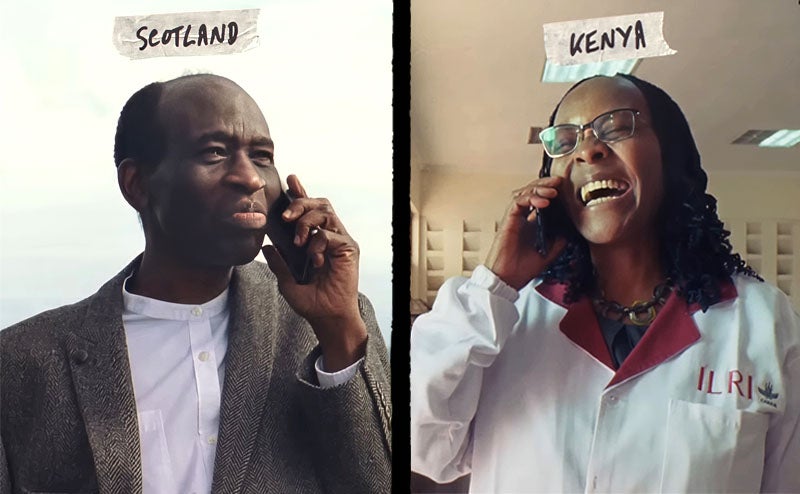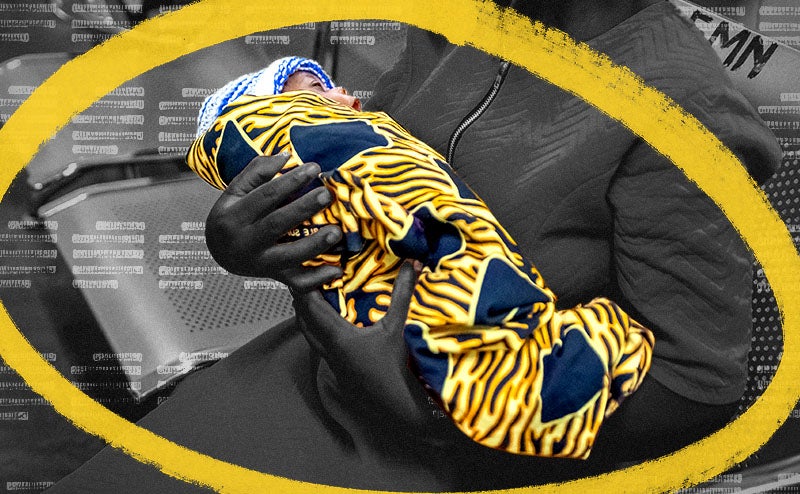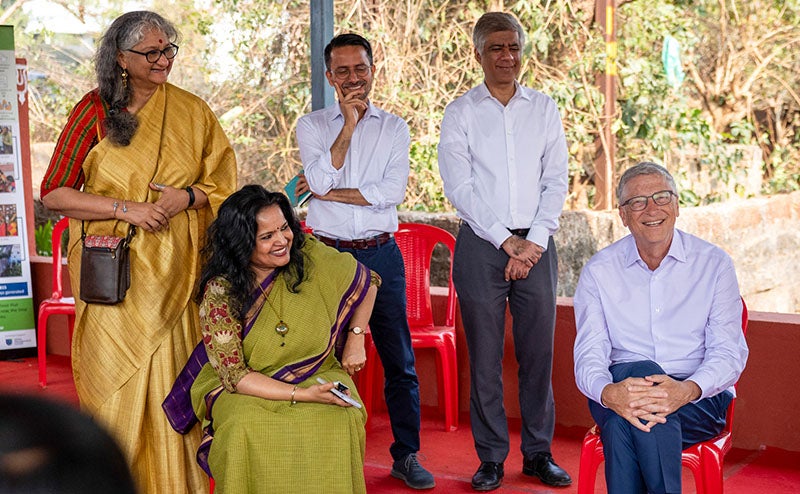When most people picture what contributes to climate change, vehicles are one of the first things that come to mind.
How do you stop Alzheimer’s disease without a simple way to diagnose it? It’s a real chicken and egg problem, as I wrote last year on TGN. Discovering a treatment for Alzheimer’s requires lots of clinical trials for new drugs—but it’s difficult to enroll participants without a way to identify people who have the disease early enough for potential treatments to work.
Right now, the best way to diagnose the disease is through a spinal tap or a brain scan. The problem is that the former is invasive and the latter is expensive. Plus, many patients don’t get these tests until they start showing signs of cognitive decline, which means the disease may already be pretty advanced. It’s hard to overstate how important finding a reliable, affordable, and easy-to-use diagnostic is for stopping Alzheimer’s.
The good news is that we’re finally within reach of that goal thanks to significant breakthroughs over the last couple years. Scientists are pushing forward with new diagnostics that range from simple blood tests to voice analysis straight out of a sci-fi novel. We’re close to reaching the point where we can push past the chicken and egg problem.
That’s why I announced last summer that I was investing in a new fund with the Alzheimer’s Drug Discovery Foundation called Diagnostics Accelerator, which aims to accelerate the progress already underway. I am grateful to be joined in this effort by my friends Jeff and MacKenzie Bezos. They have been tremendous partners who are deeply committed to finding an end to this disease. We’ll continue to work together on finding a new way to diagnose Alzheimer’s, as well as on other efforts, over the coming months. In the meantime, the fund is getting ready to announce the first round of awards.
It wasn’t that long ago that we had no way to test for Alzheimer’s beyond cognitive assessments. The first breakthrough came in the late 1990s and early 2000s, when brain imaging (like a PET scan or MRI) allowed us to see biological changes in the brain of someone with the disease.
Then came the spinal tap in 2006. A team of Swedish scientists—Oskar Hansson, Henrik Zetterberg, and Kaj Blennow—demonstrated that you could predict which patients would develop Alzheimer’s disease by looking at cerebrospinal fluid (the fluid found in the brain and spinal cord). Their discovery gave researchers a more accessible tool to make smarter decisions about who should be in a clinical trial. It wasn’t perfect, though—just ask anyone who’s ever had a spinal tap whether they’re eager to undergo the procedure again.
What does the ideal Alzheimer’s diagnostic look like? It needs to be cheap and easy to administer. It should tell us not only whether you have Alzheimer’s, but how far advanced the disease is. (Your cholesterol test doesn’t just tell you that you have cholesterol, after all—it lets you know how much you have and whether it could be a problem.) Above all, it should be as simple and painless as any of the other routine tests you get during your annual physical.
In other words, a blood test would fit the bill.
As recently as two years ago, scientists were skeptical we would ever have a simple blood test for Alzheimer’s. Researchers have been on the hunt for one for a long time, but every time a new lab test showed some promise, the next scientist who tried it couldn’t get the same results.
Enter Randy Bateman, a professor and researcher at Washington University in St. Louis. His team was one of the first to identify changes in the blood of Alzheimer’s patients that remained consistent over many tests. Since he published his research in the summer of 2017, other researchers have released similar findings, and a lot of people are working to perfect the diagnostic (including the Swedish team that discovered the spinal tap test).
There’s a good chance a blood test will start being used to recruit patients into Alzheimer’s drug trials within the next year or two. That’s super exciting, because it means that labs will be able to recruit more patients more quickly, and scientists will be able to figure out whether a drug works in less time. It also means that you’ll one day be able to easily get tested during a routine doctor’s visit.
But what if we could find an even less invasive way to diagnose Alzheimer’s? What if we could use digital technology, not medicine, to identify individuals years before they start to develop mental decline?
I recently met a researcher named Rhoda Au who is working on some seriously cool ways to detect Alzheimer’s. If her research proves successful, we might one day predict whether you will get the disease by simply listening to the sound of your voice or watching how you write with a pen.
Dr. Au is in charge of neuropsychology for the Framingham Heart Study, which has tracked the health of one town’s residents for more than 70 years. Because the study has been going on for so long, some of the participants have developed Alzheimer’s recently—and Dr. Au has access to thousands of audio files of those patients participating in health assessments over the years.
There’s a lot going on when you speak. The whole assembly process of how you string words together and form sentences is complicated. If you could use a computer to analyze how an Alzheimer’s patient speaks over the years, you might be able to pick up on subtle changes—and then look for those same patterns in younger patients who show no other signs of the disease. If you’re able to identify those changes early enough, you might even be able to stop someone from getting Alzheimer’s in the first place (although we’d also need advances in Alzheimer’s prevention to do that).
We don’t know yet if voice analysis will work. It’s still early in the research process, and we don’t even know what changes in speech patterns we’re looking for yet. (Dr. Au is also investigating other digital markers, like whether you could identify changes in writing habits over time using a digital pen.)
But I’m excited about a potential future where identifying your risk of developing Alzheimer’s is as simple as an app on your phone that you can instruct to listen for warning signs in your speech. Starting today, Diagnostics Accelerator is accepting applications for the second round of funding, and they’re specifically looking for ideas that rely on digital tools to detect Alzheimer’s. If you’ve got a great idea, you can apply for funding here.
This is a miraculous age for diagnostics. As technology gets more advanced and more precise, scientists are making amazing progress in how we pinpoint disease. That deeper understanding is already benefitting Alzheimer’s research, and I’m eager to see what other game-changing diagnostics it unlocks in the years to come.





